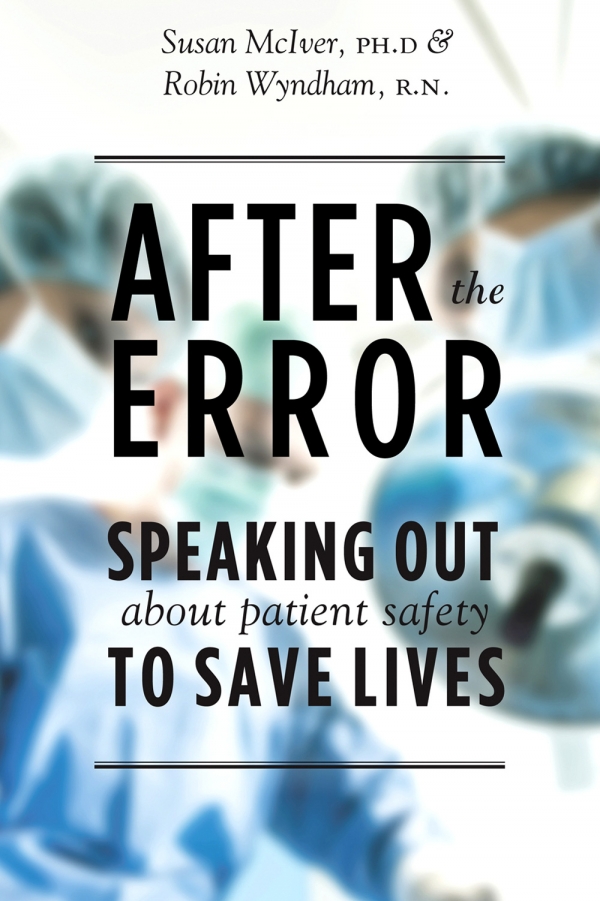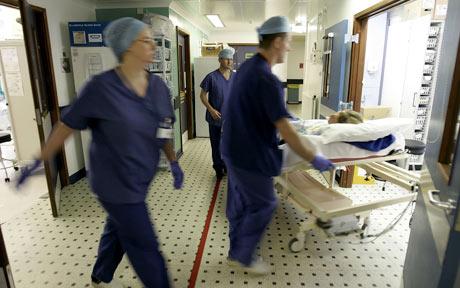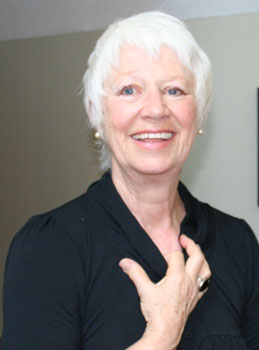To Err is Human: What Every Patient Should Know About Medical Errors
On Saturday, April 13th, the Patients' Association and Oakley & Oakley hosted To Err is Human: What Every Patient Should Know About Medical Errors. The purpose of the conference was to shed light on the nature of medical error in Canada, and many participants left feeling like they had gained a lot of information. We were lucky to have the expertise and perspective of speakers from many backgrounds including malpractice law, medical science, and risk management. Many of the speakers were happy to share their presentations; please find them attached below.





